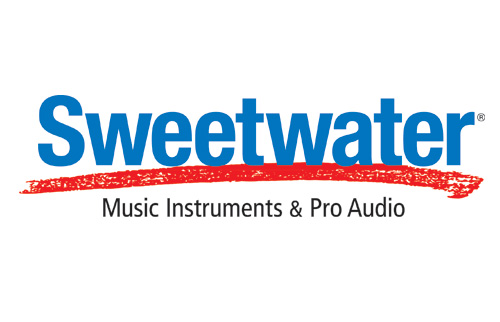Research and Best Practice PostersIMEA is excited to have a variety of research and best practice posters presented during the conference. This is a great opportunity for researchers to present their hard work collecting current information for the betterment of music education. We welcome submissions of unpublished research in music education, reviews of literature, action research, and works in progress from IMEA members and out-of-Indiana researchers. Topics related to music teaching and learning will be considered. InformationResearch, regardless of paradigm (i.e., Quantitative, Qualitative, or Mixed Methods) that is either completed or in-progress on any topic relating to music teaching and learning will be considered. Research in related areas (e.g., theory or history) will also be considered if a significant connection to teaching and learning processes is evident. In-service teachers conducting action research in their classrooms are encouraged to submit these projects for consideration. Best Practice submissions should describe programs or practices that are effectively meeting important goals in music education (e.g., instructional strategies, assessment, innovative curriculum design, etc.). Proposals should include a specific justification and/or rationale for the program or practice, and a description of the context in which it has been implemented.
All submissions should not have been published prior to the conference and must meet the Code of Ethics published in the Journal of Research in Music Education. If accepted, at least one author must be prepared to present at the poster session and provide 5 copies of the complete paper and 25 copies of the abstract for session attendees. Notification will be through email by December 2025, in time for the selected participants to take advantage of online pre-registration. Poster session participants may register for the conference with a $50 discount code.
Submission are now CLOSED: Submission Deadline was Wednesday, December 10 2025 Presenters/Research ProjectsPosters featured at the 2025 PD Conference included:
2024 Presenters/Research ProjectsPosters featured at the 2024 PD Conference included:
|




